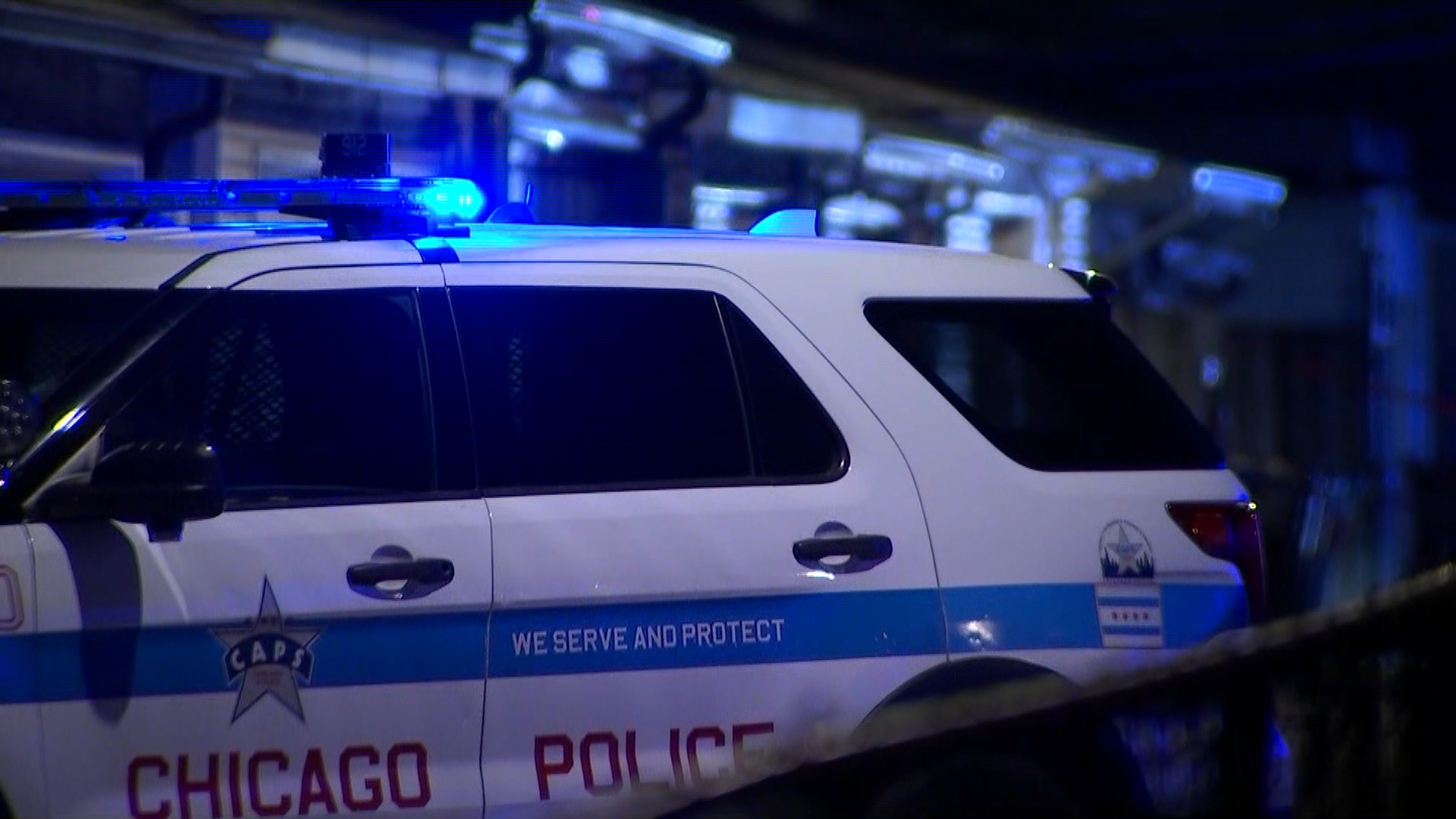Illinois Gov. J.B. Pritzker issued another warning Wednesday to one of the state's 11 healthcare regions that additional restrictions may be automatically imposed should the area's coronavirus metrics continue to rise.
That region is Region 4, the Metro East region downstate that includes Bond, Clinton, Madison, Monroe, Randolph, St. Clair and Washington counties and borders St. Louis, Missouri.
"Last week, I mentioned that while we were seeing a concerning rolling 7-day average positivity rate of 7.1% in the Metro East, the rest of our 11 regions all fell below 5%," Pritzker said, referring to his coronavirus briefing the previous Wednesday.
"As of Tuesday’s data update, the Metro East was hitting a 7.8% rate, and with the Metro East included, we now have six regions with a positivity rate above 5%," he continued.
The governor announced earlier this month that the state would be further divided from four into 11 separate regions to allow health officials to apply a more focused approach to each area's coronavirus response and to impose potential restrictions on more targeted areas as the pandemic continues.
Additional mitigations are automatically imposed on the individual regions based on the following metrics, officials said:
- Sustained increase in 7-day rolling average (7 out of 10 days) in the positivity rate AND one of the following:
- Sustained 7-day increase in hospital admissions for a COVID-19 like illness
- Reduction in hospital capacity threatening surge capabilities (ICU capacity or medical/surgical beds < 20%)
Or:
- Three consecutive days averaging ≥ 8% positivity rate
Any new restrictions imposed stem from a three-tiered plan, ranging from reducing capacity at businesses in various industries to shutting down operations in some of the spaces that pose a higher risk of transmission, like indoor dining and bars or salons and personal care services.
Local
Pritzker had previously warned that Region 4 was "dangerously close" to seeing more restrictions.
"The state will take immediate action to impose additional mitigations if a region crosses above the metrics we set, and Metro East is coming dangerously close to that, so I have spoken with local leaders and asked them to clamp down on the outbreaks where they are occurring so the state won’t have to step in," Pritzker cautioned last week.
He repeated that warning again Wednesday, speaking directly to residents of that area.
"I’ll also remind the residents of Metro East... that three consecutive days of that positivity rate sitting at or above 8% brings with it additional mitigations for the entire region: that could mean the closure of bars, the reduction of service at restaurants, and smaller capacity caps on other activities. Should that region continue in this direction, I’ll be making additional announcements related to the specifics of the reversal," he said.
Some residents of Region 4 travel frequently into Missouri, state health officials said last week, noting that the state has less stringent mitigation measures in place and an overall higher positivity rate than Illinois.
"If you’re a local elected official facing particularly concerning numbers, it’s time to step up and impose mitigations," Pritzker said, this time addressing leaders across the state. "Local residents – hold your elected leaders accountable. Demand that they take action – because if they don’t, they could send the entire region back to closed bars and restaurants, stricter limits on gatherings – or even another stay-at-home order."
"Folks: this is serious. It didn’t take long at all for Florida, Texas, Arizona and California to become plagued with high rates of infection and deaths. That was once where we were just 10 weeks ago," Pritzker continued. "We hunkered down and did the right thing and we made progress, but now there are danger signals as states all around us are spreading the virus and some of our own people in Illinois haven’t gotten the message about wearing masks and abiding by the mitigations. It’s time to defend our progress and put us back on the right trajectory for a healthier and safer Illinois."



